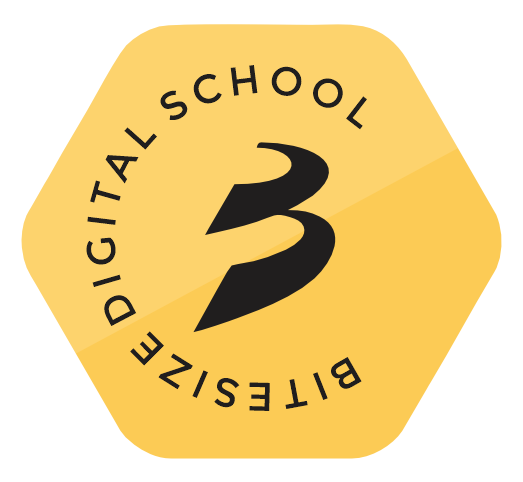TIME MANAGEMENT
Delivery Mode: ONLINE
Choose Your Learning Path
INDIVIDUAL
What is Time Management?
Time management is the ability to plan and control how you spend the hours in your day to get more done. It’s not about working faster; it’s about working smarter. Good time management helps you stay organised, feel less stressed, and gives you more free time for the things you love.
We all have lots of ‘stuff’ to deal with, whether it’s homework, messages from friends, or hobbies. When you master time management, you learn how to handle all of this without feeling overwhelmed. You’ll gain a massive advantage in school, in your social life, and in everything you do.
Master Your Time, Master Your Future
As the famous coach Tony Robbins said, “Once you have mastered time, you will understand how true it is that most people overestimate what they can accomplish in a year, and underestimate what they can achieve in a decade!”
In today’s fast-paced world, it’s easy to get distracted and feel like you’re constantly rushing. This course provides a complete toolkit of proven strategies and techniques to help you take control of your time. You’ll learn to handle everything that comes your way, from homework deadlines to social plans, and feel a sense of calm and control.
SCHEDULE - INDIVIDUAL
Virtual – 4-hour session – Fri, Oct 31 2025 – 14:00 to 18:00 – £150 + VAT
SCHEDULE - FAMILY
Virtual – 4-hour session – Sat, Oct 25 2025 – 14:00 to 18:00 – £300 – £500 + VAT
Virtual – 4-hour session – Sat, Oct 25 2025 – 10:00 to 14:00 – £300 – £500 + VAT
Give Your Child the Gift of Time
In today’s busy world, helping your child master time management is one of the most valuable lessons you can teach them. Strong organisational skills are the key to reducing stress, succeeding academically, and building the confidence to handle a busy schedule. This training gives them the tools to balance schoolwork, friendships, and hobbies without feeling overwhelmed.
Why This Course Is Right for Your Child
Our comprehensive programme is designed to help young people systematically develop and refine their organisational skills. Through hands-on, practical exercises, your child will learn to plan their days, organise their workload, and prioritise what really matters. This isn’t just about making to-do lists; it’s about giving them the tools they need to be more productive, feel less stressed, and have more time for themselves.
COURSE CONTENT
This course is highly practical and engaging. Through hands-on exercises, your child will not only learn the following skills but also build the confidence to use them in their everyday life.
Your Mindset for Time
This section is all about your personal approach to time. Your child will discover the mental techniques that boost productivity and learn how to manage perfectionism so it doesn’t slow them down. We’ll also teach them how to overcome procrastination, take advantage of ‘dead time’ (like a bus ride), and stop worrying about tasks when they’re not working on them.
Planning for Success
This part of the course focuses on effective planning. Your child will learn how to set goals systematically, so they can achieve what they set out to do. We’ll explore different planning styles, teach them how to brainstorm effectively, and show them how to plan even if they don’t like it. They’ll learn both ‘top-down’ and ‘bottom-up’ approaches to productivity to find the best fit.
Getting Organised
This section teaches your child how to organise their life. They’ll learn the best ways to set up their physical and digital workspaces and master smart systems for calendars and files. We’ll show them how to use the principles of ‘Getting Things Done’ (GTD) to prioritise tasks and keep their lives organised, so they never have to worry about forgetting something important again.
Managing People and Priorities
This final module is about handling the people and interruptions that can throw off your schedule. Your child will learn how to say “no” politely and confidently without damaging friendships. We’ll teach them how to handle interruptions from others and even how to ‘engineer’ their own environment to minimise distractions, so they can stay focused on what’s important.
